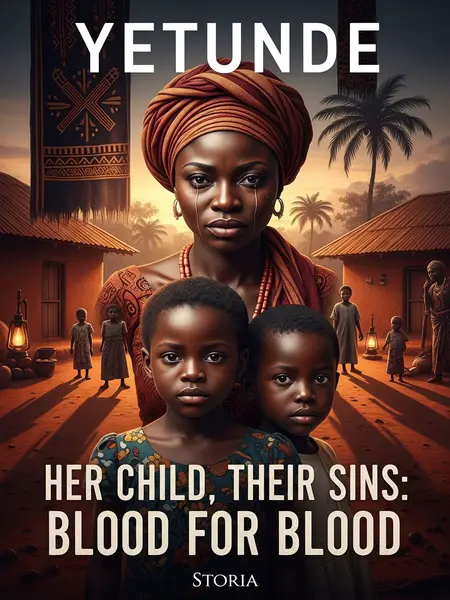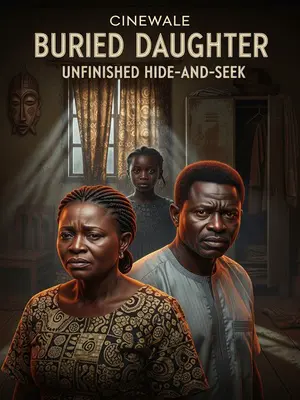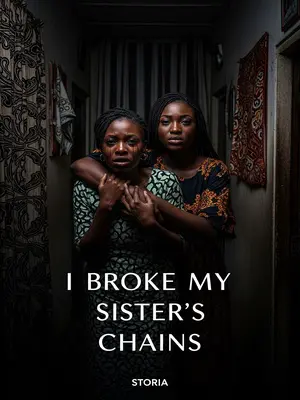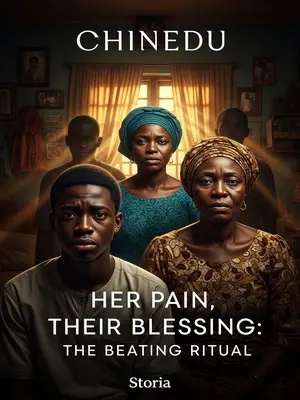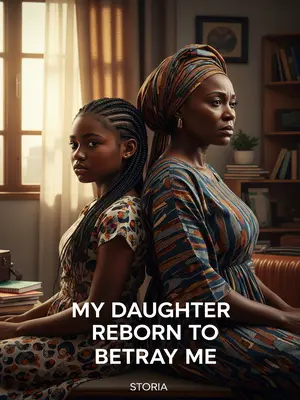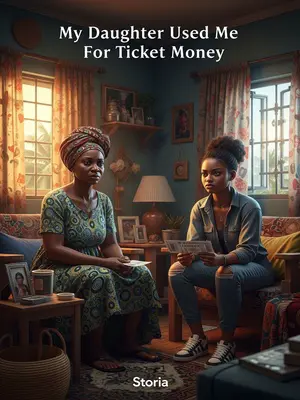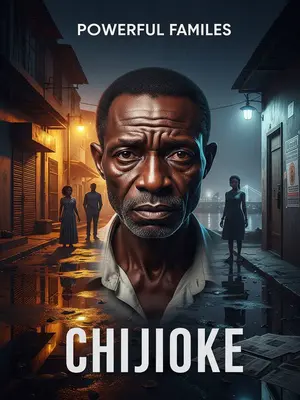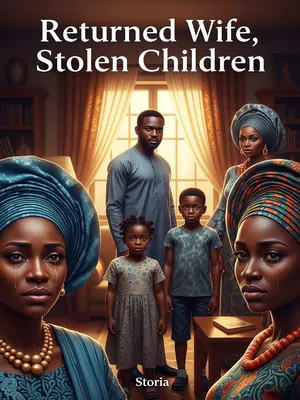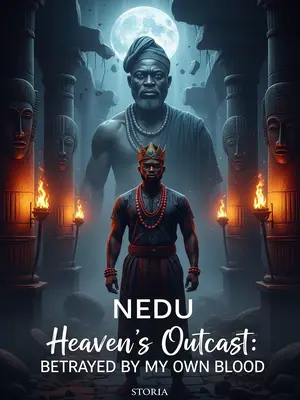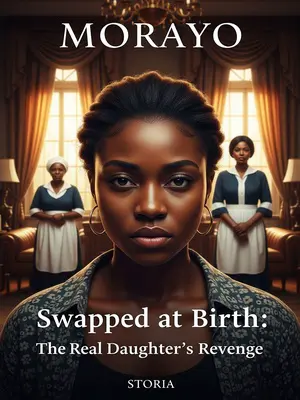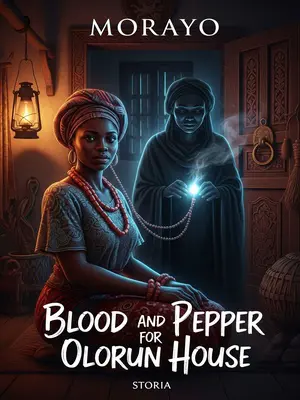Chapter 5: Blood in the Sun
A murder happened in the county town, and we rushed straight there.
We were drinking kunu in the canteen when the call came. Phones rang, plates abandoned. This one shocked everybody: a woman killed a twelve-year-old boy in broad daylight.
Blood spilled under afternoon sun. People asked, “Where safe again?” Even the market women fell silent.
It happened at 4:30pm, near a primary school, shops and students everywhere.
Some said the pure water boys saw everything. School uniforms and bags still scattered on the ground when we arrived.
The victim, Sulaiman, was in Primary 6, with two classmates.
His friends stood frozen, eyes wide as calabash. Four officers carried them away, still shaking.
But the safer a place looks, the less careful people are. This is Naija—you feel safe in crowd, not knowing danger fit hide inside wrapper.
Witnesses said the killer was a woman, covered head to toe, even wearing a mask.
Nobody guessed her identity, though some shopkeepers whispered, “Her waka get mission.”
She walked calmly up to Sulaiman, pulled a small knife, grabbed his head, exposed his neck, and slashed his throat. Sharp, clean move. Like she’d rehearsed it a hundred times.
Sulaiman didn’t even react. His friends froze. For one second, silence. Then panic exploded. Blood pooled like a warning.
The killer ran off, disappeared into the crowd. Some said she flew, others that she blended like a spirit.
Sulaiman fell, clutching his neck. Chaos followed. Mothers snatched their children, traders locked shops, fear and blood thick in the air.
Nobody chased her. Fear tied their legs. Okada men revved but didn’t move.
By the time ambulance came, Sulaiman was gone. Paramedics shook their heads. “Na only God go help us for this country.” His grandmother fainted.
CCTV cameras caught everything—the killer’s actions matched witnesses’ stories. We reviewed the footage, every frame more chilling.
We blocked escape routes. Sirens wailed, roadblocks sprang up. Nobody left till we searched every keke and bus.
Though her face wasn’t caught, all signs pointed to the missing Yetunde.
The way she moved, her height, her build—it screamed a woman with nothing left to lose.
And Sulaiman? He was also one of those who hurt Eniola.
A cold shiver ran down my back. The past was hunting the living.
Captain Ifeanyi was vexed: “Ah, I told those families… Didn’t expect the killer to be this bold…” His hands shook, accent thick. "This kain matter, if to say na film, nobody for believe am."
I checked on the last two families. One had moved far; the other still lived nearby. I called my contact at the park—just in case anybody tried to run. Worry filled the air.
One perpetrator, Chisom, was twelve, Primary 6. Quiet boy, but people whispered, “See wetin quiet pikin fit do.”
After telling Oga Musa, we sent men to watch Chisom’s house.
We didn’t want another tragedy. We were ready to sleep in our cars.
But Yetunde underestimated us. With heavy deployment, it took just three hours—by 7pm, we caught her.
The relief was like cold water on a hot day. People cheered.
It was Yetunde. She didn’t struggle. She looked at the sky, as if waiting for rain.
But no joy in the capture. Even the youngest officer knew: this wasn’t victory.
When she came in, something was off—the way her eyes darted, the slow, unsettling smile. Yetunde didn’t resist. Instead, she burst out laughing.
Her laughter echoed down the corridor, chilling everybody. They said it sounded like a woman who had lost everything and found madness.
Even the cleaners crossed themselves, whispering as they mopped.
But as long as she was caught, we thought it was over.
Or so we believed. In Naija, no case ends easy.
We returned to CID, ready for paperwork. The air smelled of ink and tired bodies. Even Oga Musa refused his pepper soup that night.
Because this might tie to two cases, Oga Musa told Tunde and me to join Captain Ifeanyi and Officer Halima to question Yetunde.
Four of us, cramped in the small room, fans failing to cool the tension.
But something was wrong: Sulaiman’s murder was wild and open, but the earlier family massacre was cold and hidden—like two different people.
Unless Yetunde disguised or tricked them, it was hard to see her pulling off both.
Maybe two killers, or one with nothing left to lose.
If she was the one, why act so desperate now? Was time running out, or did she no longer care?
We needed answers. But as Nigeria will teach you, nothing ever goes as planned.
